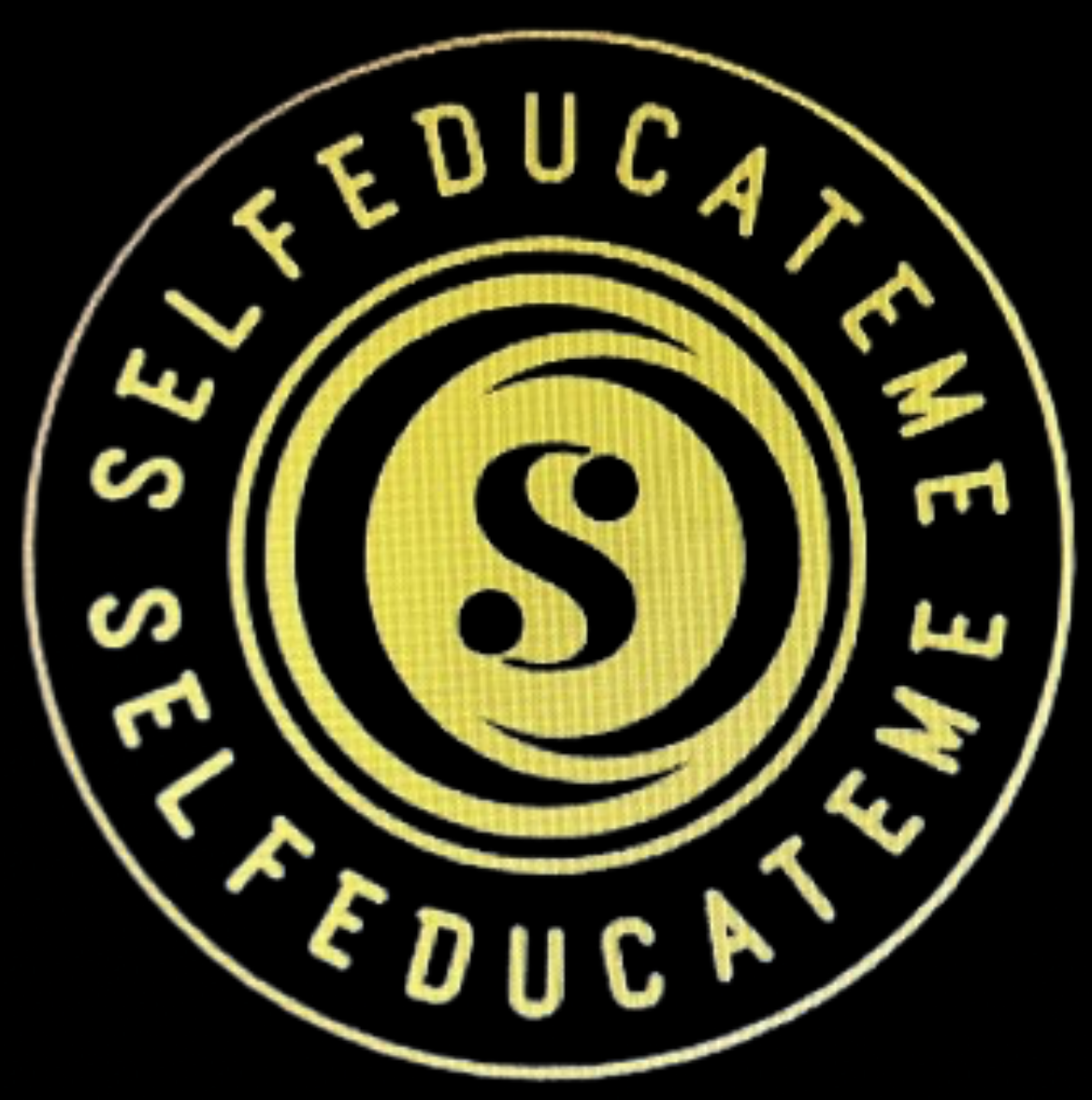Introduction
In today’s world, the ability to learn on your own terms is a powerful skill. Whether you want to master a new hobby, change careers, or start a business, self-education provides the flexibility and freedom to design your own path to success. However, learning without a plan can lead to frustration, burnout, or wasted time.
That’s why having a structured self-education plan is essential. In this post, we’ll guide you through the steps to create a personalized learning plan that keeps you focused, motivated, and productive.
1. Define Your Goals
Start with the end in mind. Ask yourself:
- What do I want to learn?
- Why is this skill or knowledge important to me?
- What will success look like?
Examples of Goals:
- Learn graphic design to launch a freelance business.
- Master public speaking to become a confident presenter.
- Study personal finance to achieve financial independence.
Write down your goals and break them into smaller milestones to measure progress along the way.
2. Identify Your Learning Style
Everyone learns differently, so it’s important to match your plan to your style. Are you:
- A Visual Learner? Use videos, infographics, and diagrams.
- An Auditory Learner? Listen to audiobooks and podcasts.
- A Kinesthetic Learner? Focus on hands-on activities and practice.
Recognizing your preferences will help you choose resources and methods that resonate with you.
3. Gather Resources
With your goals in mind, find the best resources to fuel your learning:
- Books and E-books: Libraries, Kindle, and Audible.
- Online Courses: Platforms like Coursera, Udemy, and Skillshare.
- Podcasts and Videos: YouTube tutorials, TED Talks, and educational podcasts.
- Communities and Mentors: Join forums, Facebook groups, or connect with experts in your field.
Create a list of resources and organize them by topic or difficulty level.
4. Create a Schedule
Learning is most effective when it becomes a habit. Decide:
- How much time can you dedicate? Start with 30 minutes a day or 3-4 hours per week.
- When will you study? Early mornings, lunch breaks, or evenings?
- What deadlines will you set? Mark milestones on your calendar.
Consistency beats intensity. Even small daily efforts can lead to big results over time.
5. Take Action and Apply What You Learn
Knowledge without action is wasted potential. Reinforce what you learn by:
- Practicing Skills: Build projects, solve problems, or teach others.
- Documenting Progress: Keep a journal or blog to track what you’ve learned.
- Seeking Feedback: Share your work with mentors or peers to get input.
Applying knowledge helps you retain it and gain confidence quickly.
6. Evaluate and Adjust Your Plan
Review your progress regularly:
- What worked well? What didn’t?
- Are you on track with your goals?
- Do you need new resources or strategies?
Don’t be afraid to adjust your plan as needed. Self-education is a flexible process, and adapting to challenges will make you a stronger learner.
Conclusion
Creating a self-education plan isn’t complicated, but it does require focus and discipline. By setting clear goals, choosing the right resources, and building habits around learning, you can master any skill or subject that inspires you.
Remember, the journey of self-education is about progress, not perfection.
Start building your plan today and watch as doors to new opportunities and knowledge open before you.
Call-to-Action (CTA): Subscribe to our newsletter and receive a free Self-Education Planner template to kickstart your learning journey!
